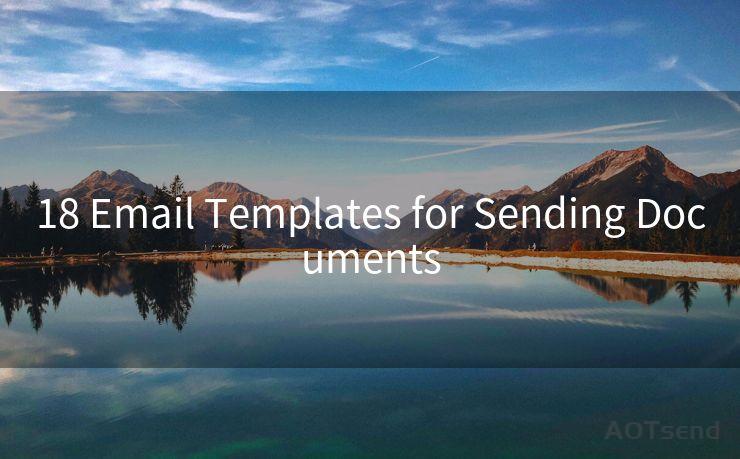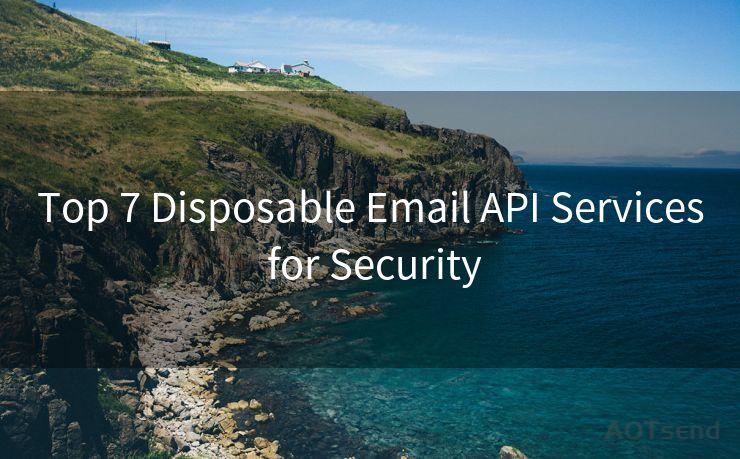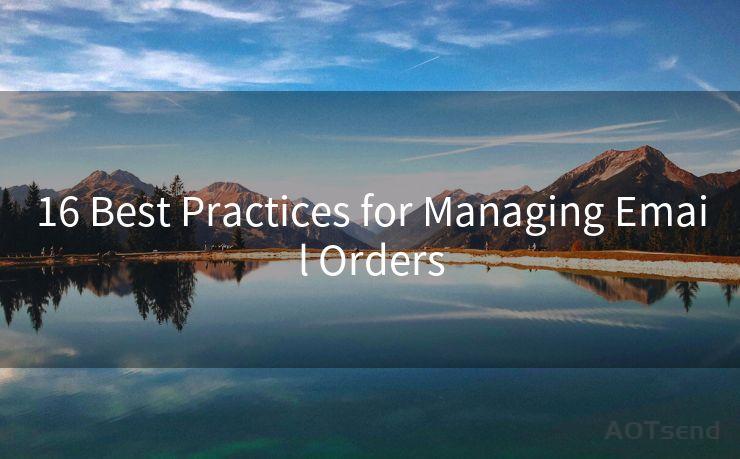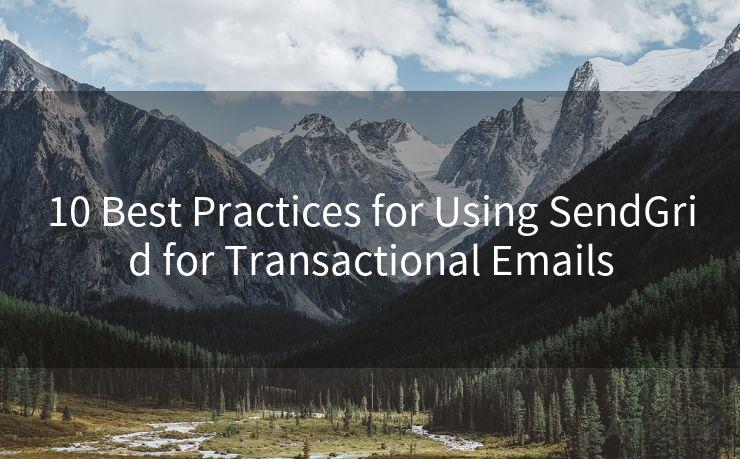16 Google Mail API PHP Best Practices




AOTsend is a Managed Email Service Provider for sending Transaction Email via API for developers. 99% Delivery, 98% Inbox rate. $0.28 per 1000 emails. Start for free. Pay as you go. Check Top 10 Advantages of Managed Email API
Introduction
The Google Mail API offers a powerful way to integrate Gmail functionality into your PHP applications. However, to ensure smooth and efficient operations, it's crucial to follow best practices. In this article, we'll explore 16 essential tips for making the most of the Google Mail API with PHP.
1. Understand the API Basics
Before diving into the code, familiarize yourself with the Google Mail API's core concepts, such as its various methods and the data formats it supports. This understanding will provide a solid foundation for your integration efforts.
2. Set Up OAuth 2.0 Authentication
Securing your API calls is paramount. Implement OAuth 2.0 authentication to ensure secure access to user data. Google provides detailed documentation on setting up OAuth 2.0 for the Mail API.
3. Use the Latest PHP Library
Always use the latest version of the Google API PHP Client Library. This ensures compatibility with the most recent API changes and security updates.
4. Handle Errors Gracefully
Implement robust error handling mechanisms to catch and manage any exceptions that may occur during API calls. This helps maintain the stability and reliability of your application.
5. Optimize API Requests
Minimize the number of API requests by batching operations and using the appropriate API methods. For instance, use the 'messages.list' method to retrieve multiple messages in a single request.

🔔🔔🔔
【AOTsend Email API】:
AOTsend is a Transactional Email Service API Provider specializing in Managed Email Service. 99% Delivery, 98% Inbox Rate. $0.28 per 1000 Emails.
AOT means Always On Time for email delivery.
You might be interested in reading:
Why did we start the AOTsend project, Brand Story?
What is a Managed Email API, Any Special?
Best 25+ Email Marketing Platforms (Authority,Keywords&Traffic Comparison)
Best 24+ Email Marketing Service (Price, Pros&Cons Comparison)
Email APIs vs SMTP: How they Works, Any Difference?
6. Paginate Results Efficiently
When fetching large datasets, utilize pagination to reduce memory usage and improve performance. The Google Mail API supports pagination through the use of 'pageToken' and 'maxResults' parameters.
7. Monitor API Quotas and Limits
Keep track of your API usage to avoid hitting quotas or limits. Google sets daily usage limits to prevent abuse, so it's essential to monitor and optimize your API calls accordingly.
8. Cache Data Locally
Caching frequently accessed data locally can significantly reduce the number of API calls and improve response times. Consider using a caching mechanism like Memcached or Redis.
9. Implement Exponential Backoff
In case of temporary failures or rate limiting, implement exponential backoff algorithms to retry API requests with increasing delays. This helps prevent overwhelming the API and ensures your application can handle intermittent issues gracefully.
10. Maintain Data Privacy
Respect user privacy by only requesting the necessary data and securely storing any sensitive information. Familiarize yourself with Google's privacy policies and adhere to them strictly.
11. Test in a Sandbox Environment
Before deploying to production, test your application in a controlled sandbox environment. This allows you to simulate various scenarios and ensure your code handles them appropriately.
12. Document Your Code
Properly document your code to facilitate maintenance and collaboration. Clear comments and well-structured code will save time and effort in the long run.
13. Stay Up to Date with API Changes
Google continuously updates its APIs, so it's crucial to stay informed about any changes that might affect your implementation. Subscribe to Google's API announcement channels and monitor relevant blogs or forums.
14. Profile and Optimize Performance
Regularly profile your application's performance to identify bottlenecks and areas for optimization. Tools like Xdebug or Blackfire can help you analyze and improve your code's efficiency.
15. Handle Large Attachments Carefully
When dealing with large attachments, be mindful of memory usage and consider streaming the data instead of loading it all into memory. The Google Mail API supports media upload and download functionalities that can help manage large files efficiently.
16. Seek Community Support
If you encounter challenges, don't hesitate to seek help from the Google API community or relevant forums. The collective knowledge and experience of other developers can be invaluable in solving complex issues.
Conclusion
By following these best practices, you can ensure a smooth and efficient integration of the Google Mail API into your PHP applications. Remember, the key to success lies in understanding the API, securing your calls, optimizing performance, and staying up to date with changes.




AOTsend adopts the decoupled architecture on email service design. Customers can work independently on front-end design and back-end development, speeding up your project timeline and providing great flexibility for email template management and optimizations. Check Top 10 Advantages of Managed Email API. 99% Delivery, 98% Inbox rate. $0.28 per 1000 emails. Start for free. Pay as you go.
Scan the QR code to access on your mobile device.
Copyright notice: This article is published by AotSend. Reproduction requires attribution.
Article Link:https://www.aotsend.com/blog/p6637.html











